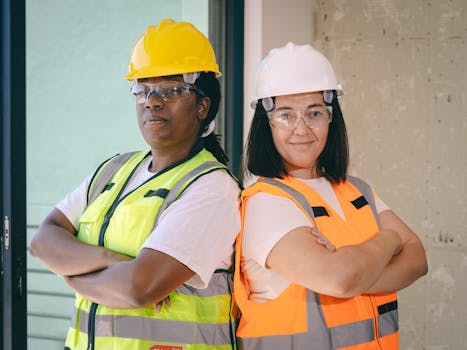You'll usually need a degree or professional qualification approved by the Royal Institution of Chartered Surveyors in a subject like:
- surveying
- construction
- civil engineering
- building engineering
If you graduated in any other subject, you could do a surveying postgraduate conversion course. These usually lead to a master's degree or postgraduate diploma.
Entry requirements vary, so check with individual universities which degrees might be preferred.
Entry requirements
You'll usually need:
- 2 to 3 A levels, or equivalent, for a degree
- a degree in any subject for a postgraduate course








